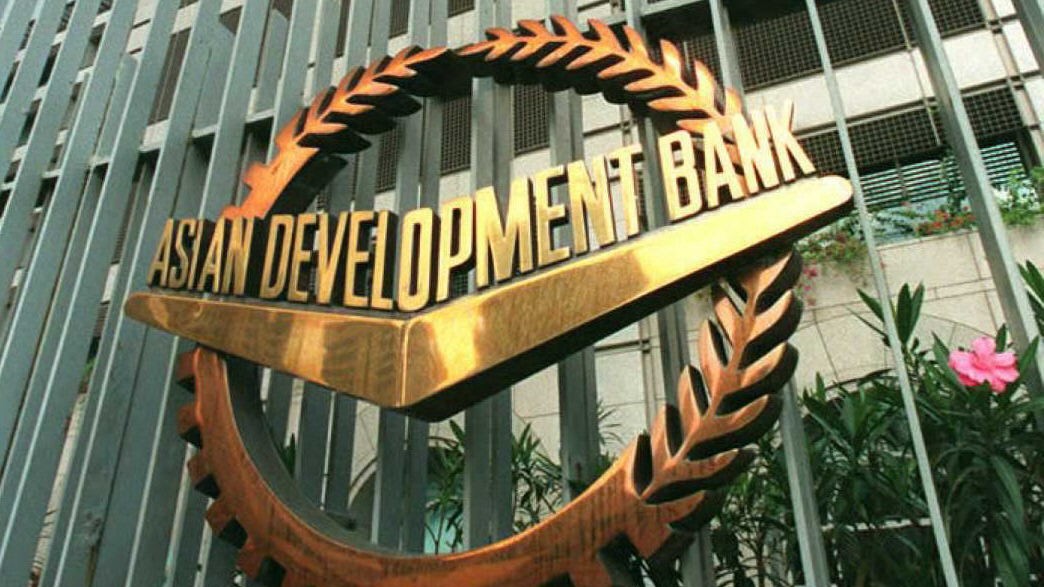
AFP FILE PHOTO
MANILA, Philippines — The Asian Development Bank (ADB) is looking at lending the Philippines up to $3.3 billion this year, including $100 million to augment the ongoing improvement of water transmission from Angat Dam to Metro Manila, officials said Thursday.
During a forum with the Foreign Correspondents Association of the Philippines (Focap), ADB president Takehiko Nakao told reporters the Manila-based multilateral lender used to lend the country about $1 billion a year, but will jack it up to an average of about $2.5 billion yearly.
Among the projects to be financed by the ADB included the Malolos-Clark International Airport segment of the Philippine National Railways (PNR) North 2 project, which will eventually extend to the New Clark City in Tarlac up north.
Together with the PNR South Commuter Line, the ADB will co-finance with the Japan International Cooperation Agency (Jica) the massive North-South Commuter Railway (NSCR) System stretching to Calamba, Laguna down south.
Nakao said the ADB component covering civil works of the multi-year loan for the Malolos-Clark railway would amount close to $3 billion, of which $1.3 billion were to be committed for approval this year.
ADB would also lend $300 million to support a project in the education sector, on top of $200 million in project preparation technical assistance loans for the Duterte administration’s ambitious “Build, Build, Build” infrastructure program, Nakao added.
“We did it [project preparation assistance] with $100 million in 2017, but there is a lot of demand to quickly prepare projects,” he said.
Under “Build, Build, Build,” the government would roll out 75 “game-changing” flagship projects, with 25 expected to be completed during President Duterte’s term, in a bid to usher in “the golden age of infrastructure” by 2022.
ADB also plans to lend another $100 million to the earlier Angat water transmission improvement project it approved in 2016 to augment water supply in Metro Manila, according to Nakao.
The ongoing project that had received $123.3 million in financing from the ADB was rehabilitating the main components of the Angat transmission line, which the lender described on its website to be “as old as 50 years, in poor condition, and not in compliance with structural and seismic requirements, risking the partial interruption of Metro Manila’s water supply.”
“Generally speaking, power and water supply are the most essential part of urban life and industry, and also agriculture,” Nakao said.
Amid water supply woes in Metro Manila due to onslaught of the prolonged dry spell caused by El Niño, ADB country director for the Philippines Kelly Bird said that “this just reminds us that water is scarce, and that investment in the sector is important.”
According to Nakao, the pipeline of loans to be extended by the ADB to the Philippines in 2019 will total $3.3 billion, more than the $2.5-billion goal.
ADB was also looking at co-financing one Philippine project with the Beijing, China-based Asian Infrastructure Investment Bank (AIIB), possibly transport infrastructure, according to Nakao.
In 2018, the Philippines received 7 percent of the total financing commitments extended by ADB to its members, up from its 4-percent share in 2017.